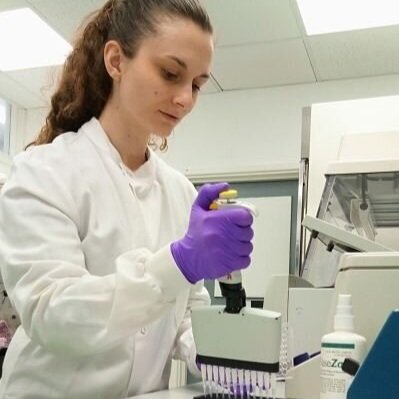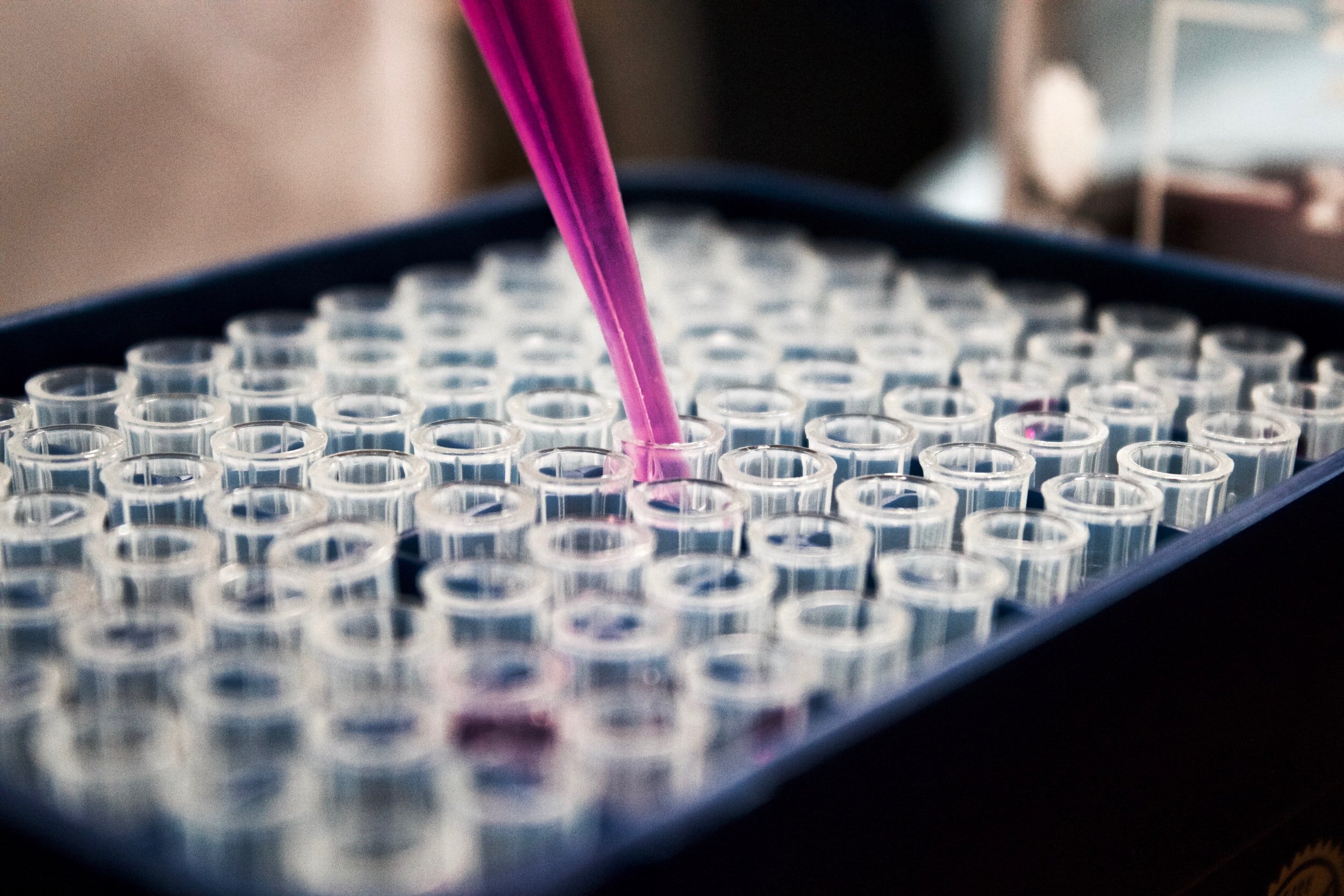Latest News, Grants & Research Reports
Read our latest news, blog posts and research updates right here

Research partly funded by Neuroblastoma UK leads to an innovative stem cell model providing insight into childhood cancer origins
Researchers from the University of Sheffield and St. Anna Children’s Cancer Research Institute have created a model designed to investigate the origins of neuroblastoma, a cancer primarily affecting infants and young children. The findings offer hope for the creation of tailored treatments which treat aggressive neuroblastomas and minimise the adverse effects experienced by patients from existing therapies.

New research suggests potential combination therapy option for children with neuroblastoma to prevent resistance to treatment
New research published by Professor Suzanne Turner and led by Dr Perla Pucci in her group at the University of Cambridge Department of Pathology and CRUK Cambridge Centre Paediatric Cancer Programme, has suggested a new target for combination treatment of neuroblastoma and other cancers alongside ALK tyrosine kinase inhibitors (ALK TKI). Resistance to ALK TKI is a challenge and so additional targets for treatments that can be used in combination with ALK TKI are urgently needed.
6th Neuroblastoma UK Research Symposium focuses on the biology of neuroblastoma, aiming for more effective and less toxic treatments for children
It was sold out two months in advance, so it was no surprise to see a packed auditorium at Selwyn College Cambridge for the 6th Neuroblastoma UK Research Symposium on 21st and 22nd March 2024. Over 130 scientists and clinicians attended from across Europe, US, and further afield, including world leading experts in pre-clinical and clinical neuroblastoma research.
Encouraging results from the study investigating the role of Enhancer of Zeste homolog 2 (EZH2) and Natural Killer cells in Neuroblastoma
In 2023, Dr Gao, working with Prof Juliet Gray and Dr Zoë Walters at the University of Southampton, aimed to determine the role of natural killer cell- mediated anti-tumour effects in neuroblastoma, after treatment with EZH2. The objectives of the study were to look at the correlation between EZH2 protein expression and the surface expression of natural killer ligands in neuroblastoma cells, and to determine if the natural killer cells induced cytotoxicity that could be enhanced in the neuroblastoma cell lines with EZH2 inhibitors.

Trustees Week 2023
This Trustees Week, we shine the spotlight on Dr Kate Wheeler and Dr Deb Tweddle, our Medical Trustees for over 10 years.
Deb and Kate attended the SIOPEN (international Society of Paediatric Oncology - European Neuroblastoma Group) annual general meeting in Ljubljana, Slovenia from 4th to 6th October 2023. Their visit was supported by Eusa Pharma.

Recognising researchers this International Women's Day
International Women's Day (8th March) is a global day celebrating the social, economic, cultural, and political achievements of women.
We celebrate the female scientists who work tirelessly to fight childhood cancer - we asked three of our funded researchers about what motivates them in their work to improve treatment for neuroblastoma.

From molecules to medicine: new funding to accelerate rare childhood cancer research
Thanks to your kind donations, Neuroblastoma UK is pleased to announce two research grant awards totalling £683,477, with a focus on improving treatment for children with advanced stages of the disease.
The grants, which include a donation of £15,000 from charity Friends of Rosie, will enable scientists to progress their research and develop safer, non-invasive and more effective treatment for children with the disease.

Research Q&A with Professor Deb Tweddle
During Childhood Cancer Awareness Month 2021, we invited our supporters to share their neuroblastoma research questions with us.
Professor Deb Tweddle, Professor of Paediatric Oncology at Newcastle University and an Honorary Consultant in Paediatric and Adolescent Oncology at the Great North Children’s Hospital, Newcastle answers questions about research into neuroblastoma relapse, survival and treatment options.

A step towards better precision in treatment
A new international risk classification system has been developed for children with neuroblastoma in North America, with further revisions that could benefit children with the disease around the world.

Clinical trial for children with high-risk neuroblastoma open
We are delighted to share that the SIOPEN High-Risk Neuroblastoma 2 trial is now officially open and ready to recruit at its first UK hospital, with more to follow soon.
In May 2020, we announced the award of £609, 762 in partnership with Solving Kids Cancer to open the UK sites of the SIOPEN High-Risk Neuroblastoma 2 trial. This latest European-wide study will look to answer important questions about the standard care protocols for children with high-risk neuroblastoma, and how they might be improved.
